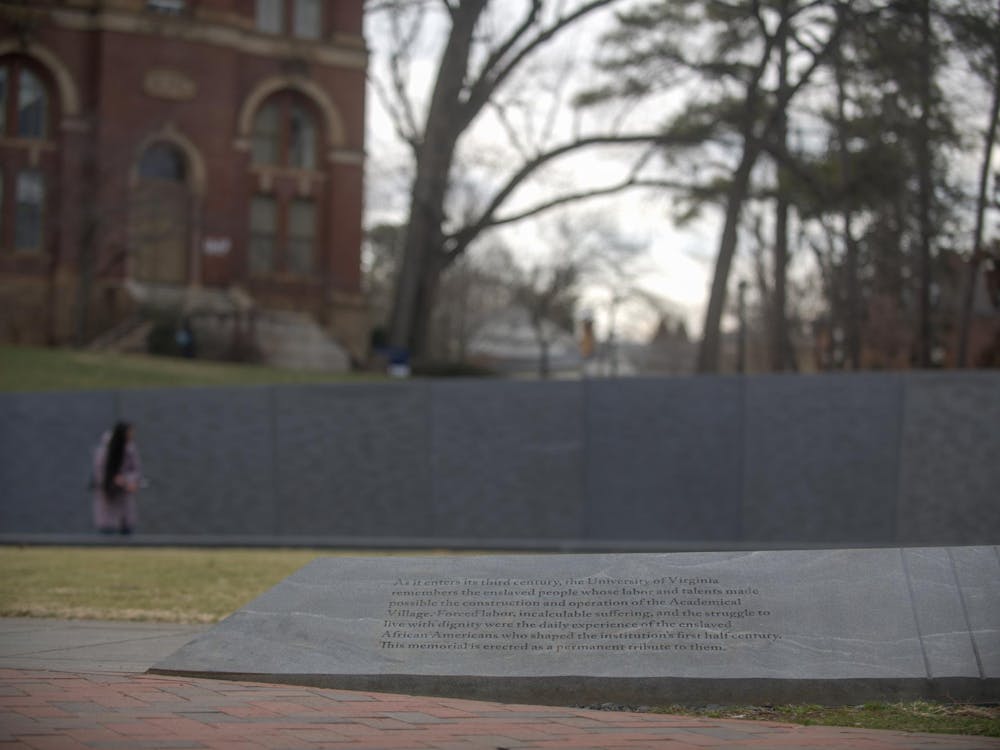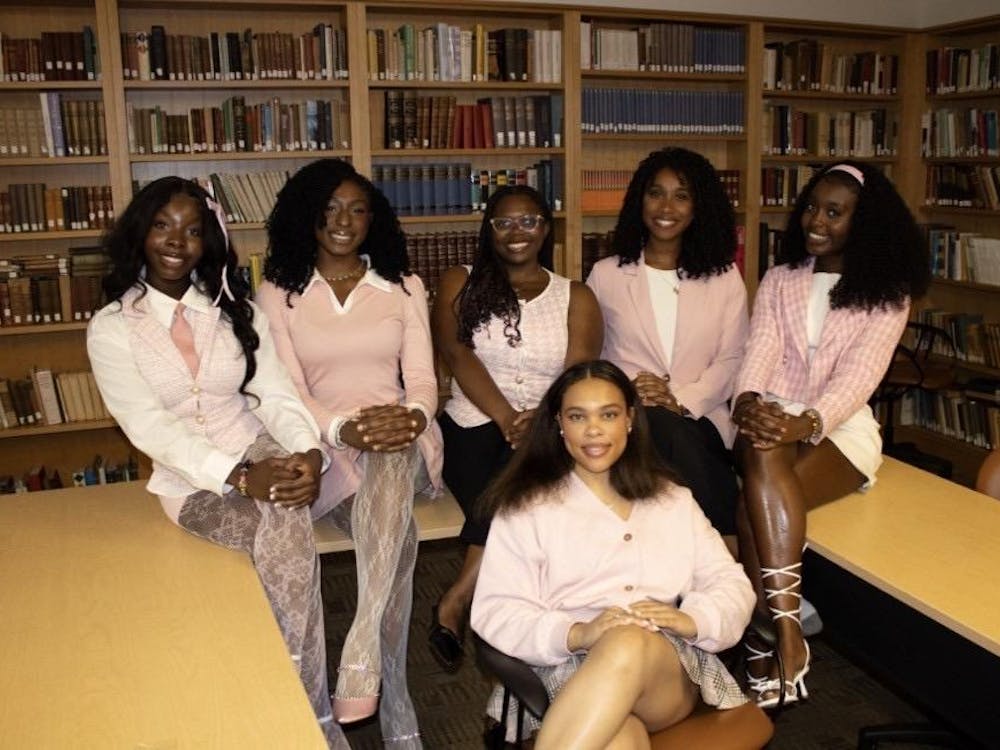Where do you like it? On the floor, on the desk, on the back of your bedroom door? Unless you've been living without Facebook for the past month, you probably know that girls across the country are liking it in a lot of different places.
The key to this apparently blatant sexual allusion is the missing word.
As Melissa Bell from The Washington Post put it, "Women are posting where they like to keep their purses when they come home, but they conveniently leave out the word 'purse.'" But the reason for all this purse-stashing confusion affects a lot more than just Facebook statuses.
October is Breast Cancer Awareness Month, and it is celebrating its 25th anniversary this year. The National Breast Cancer Awareness Month website explains how the organization combines the forces of "national public service organizations, professional medical associations, and government agencies" to help promote awareness of this issue.
The onslaught of forces is necessary; 12.2 percent of women born today will develop breast cancer during their lives, according to the National Cancer Institute. And even though students may find it easy to place cancer of any kind in the "things we don't have to worry about until after college" category, looking closely at the issue now could save many lives in the future.
Thanks to a slew of publicity, though, paying more attention to this issue has recently become much easier.
Various events and places across the country, for instance, have "gone pink": Sports Illustrated's Oktoberfest issue, Scott Stadium and many local newspapers are among the organizations who have taken up the trend.
On Grounds, one particular group makes going pink its mantra every year. Zeta Tau Alpha sorority's national foundation adopted breast cancer awareness as its philanthropy cause in 1992. Since then, the University's chapter has been extremely successful in raising money for this cause.
Sorority sister Mel Faxon, who is in charge of publicity for the philanthropy, said the organization raised $22,000 dollars to help fight breast cancer last year. The sorority hosts a 5k each spring, and last year, the number of runners increased by 25 percent. During the fall, the sorority focuses on hosting events in October.
Today, the sorority's members will work in conjunction with Mellow Mushroom's trivia night to raise money for its philanthropy. Already this month, Zeta held a "girls in pearls" trunk show to raise money and promoted awareness by making the homecoming game a "pinkout."
But despite all this publicity both within and outside the University community, the efforts might not necessarily be enough. To some individuals, for example, the Facebook statuses may appear more silly than serious.
In comparison to this year's statuses, Faxon said, the Facebook statuses last year - which mentioned what color bra the user was wearing - were at the very least a bit more relevant than the chosen topic for this year. In general, however, the use of Facebook status messages could be improved, she said.
"I feel there could be a more effective and informative way to go about it," Faxon said. "Stating a statistic such as, 'about 1,970 new cases of invasive breast cancer will be diagnosed in men in 2010,' and then asking something along the lines of 'what are you doing to help breast cancer research/awareness?' would have a shock factor as well, but it would be much more educational."
But not all students have the same negative opinion about the suggestiveness of the Facebook statuses.
Second-year college student Che Harvey said he thought the status updates were very effective at generating interest.
"I had to know what those statuses meant, which is exactly what [the campaign] wants to happen," he said.
The solution, it seems, is about as clear-cut as the disease itself - that is, not very much at all. Although it is generally agreed that promoting awareness is important, it seems far more difficult to reach one unifying conclusion about how exactly to do that. Nevertheless, although Faxon does not fully support the current Facebook campaign, she does think there is some value in using media outlets.
"I think it could be really great for the different groups [for breast cancer awareness] to potentially band together or offer joint incentives for participation," she said. "I think that if we all tried to organize, we could be extremely effective not only in spreading awareness but also in the amount of money that we could actually raise."
Other students noted that although the campaign aroused curiosity and drew attention to the cause, it was somewhat inconclusive.
"It was effective insofar as it brought some attention to the issue since it got them [men] to wonder about the meaning of the statuses," second-year College student Kerim Aksoy said. "But it didn't really provide any info about breast cancer and didn't provide any links to learn more about it."
And although Facebook may be one of the more popular avenues through which to effect change, there are still other creative opportunities to spread awareness. NBCAM program leaders have participated in the "tell a friend campaign," which organized by the American Cancer on a Tuesday in October. The telephone calling campaign consists of trained volunteers who call five friends and tell them to get a mammogram. Something as easy as making a Facebook group or as simple as picking up the telephone can help to eradicate that dreaded figure of 12.2 percent.
Although awareness is the first step to addressing this problem, Faxon emphasized the importance of personal action.
"It is important to give yourself a self-breast exam at least once a month, to know your family history and to take other steps to keep yourself healthy," she said. "For example, some clinics will have days where you can get free breast cancer screenings."
Ultimately, the amount of concern shown for this topic underscores how breast cancer does not have to be a hot-button topic for only one month out of the year. To the individuals involved in the cause, if people make enough of an effort, the nation could go pink all year long.






